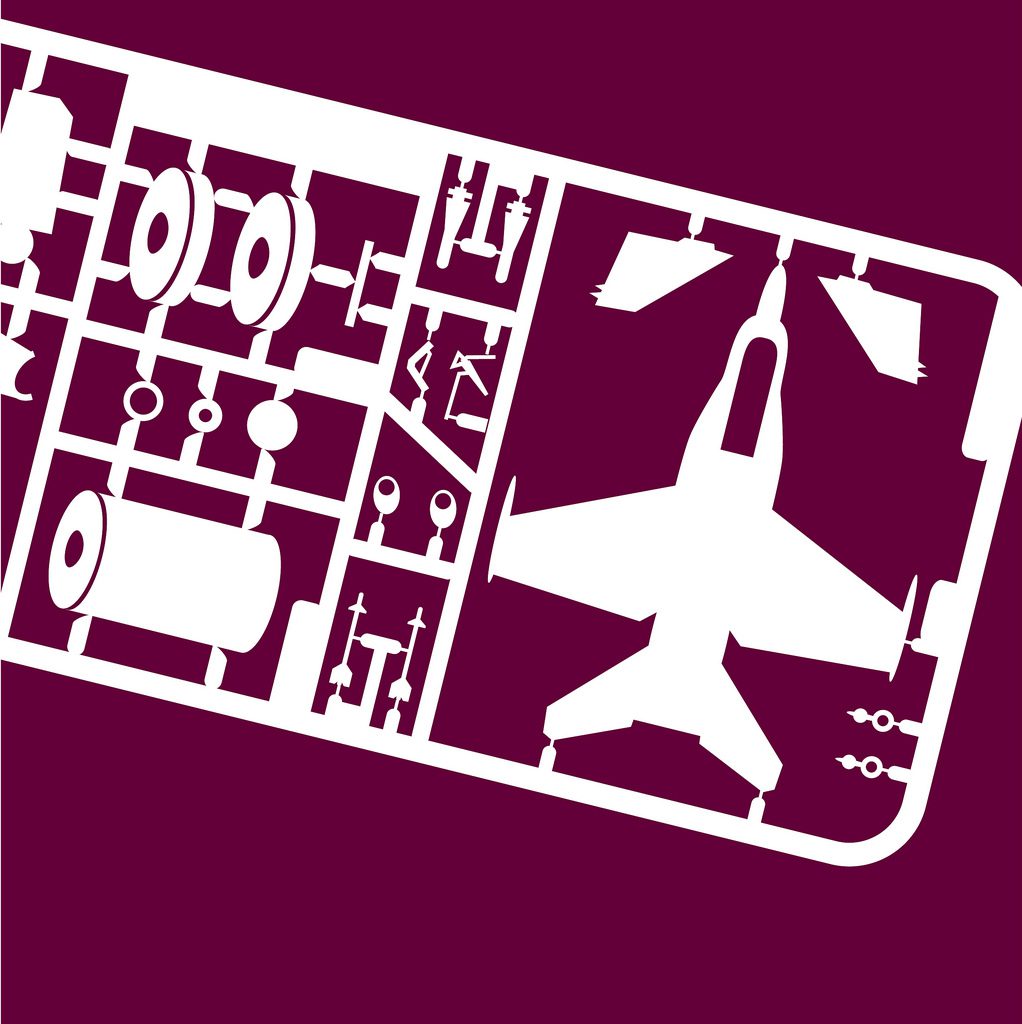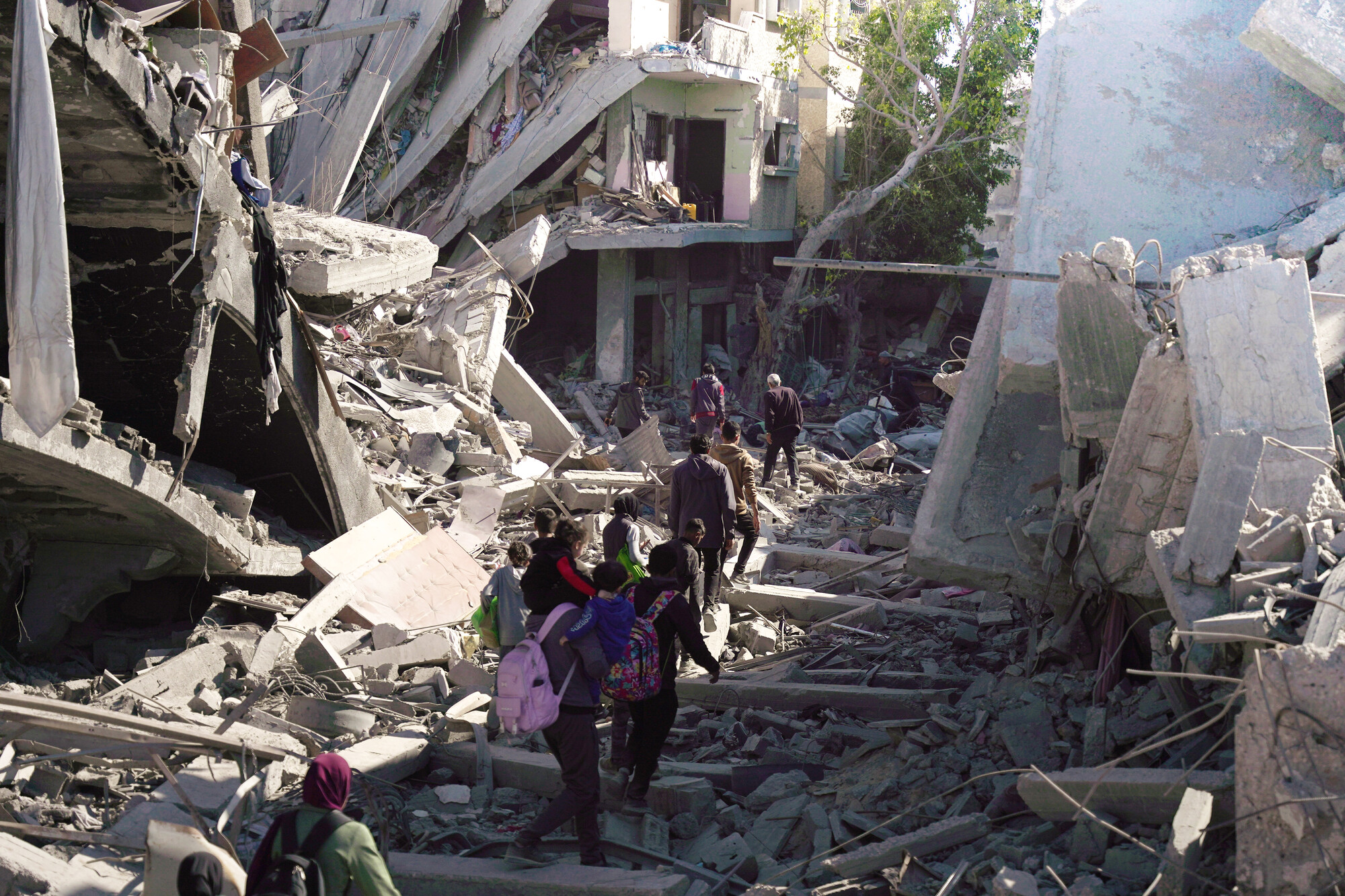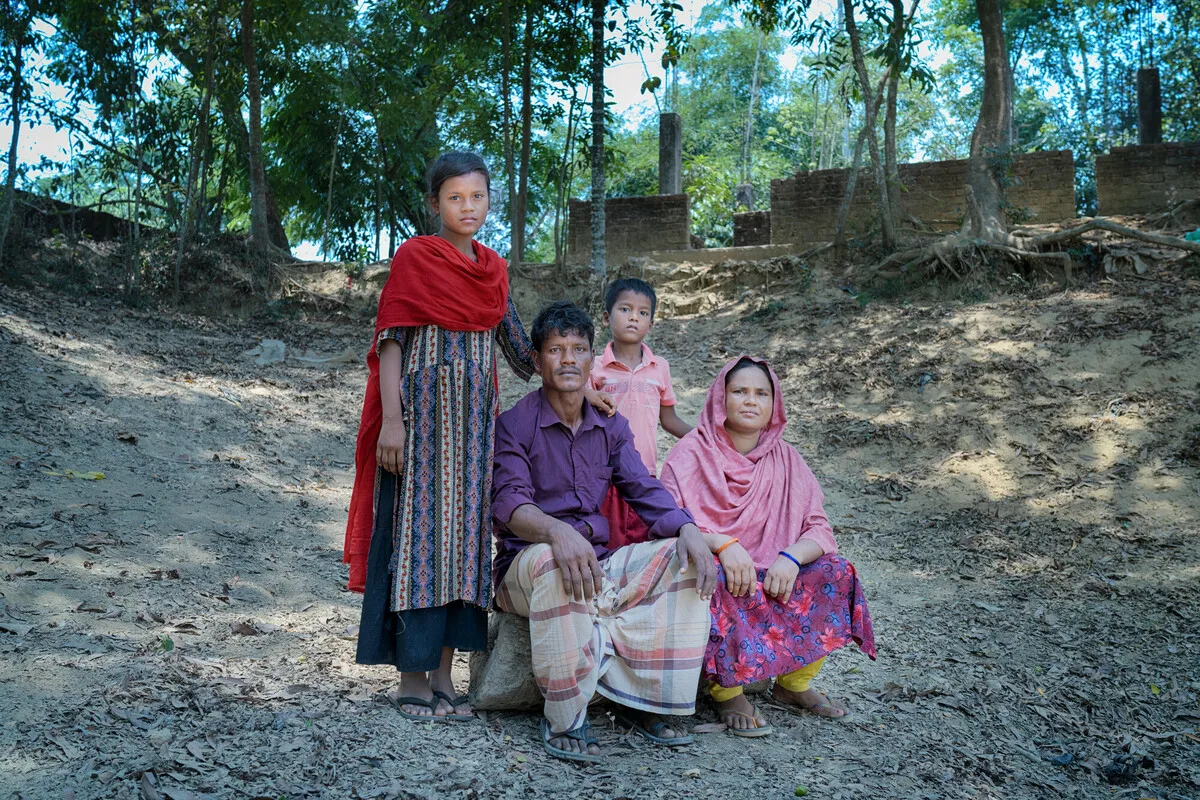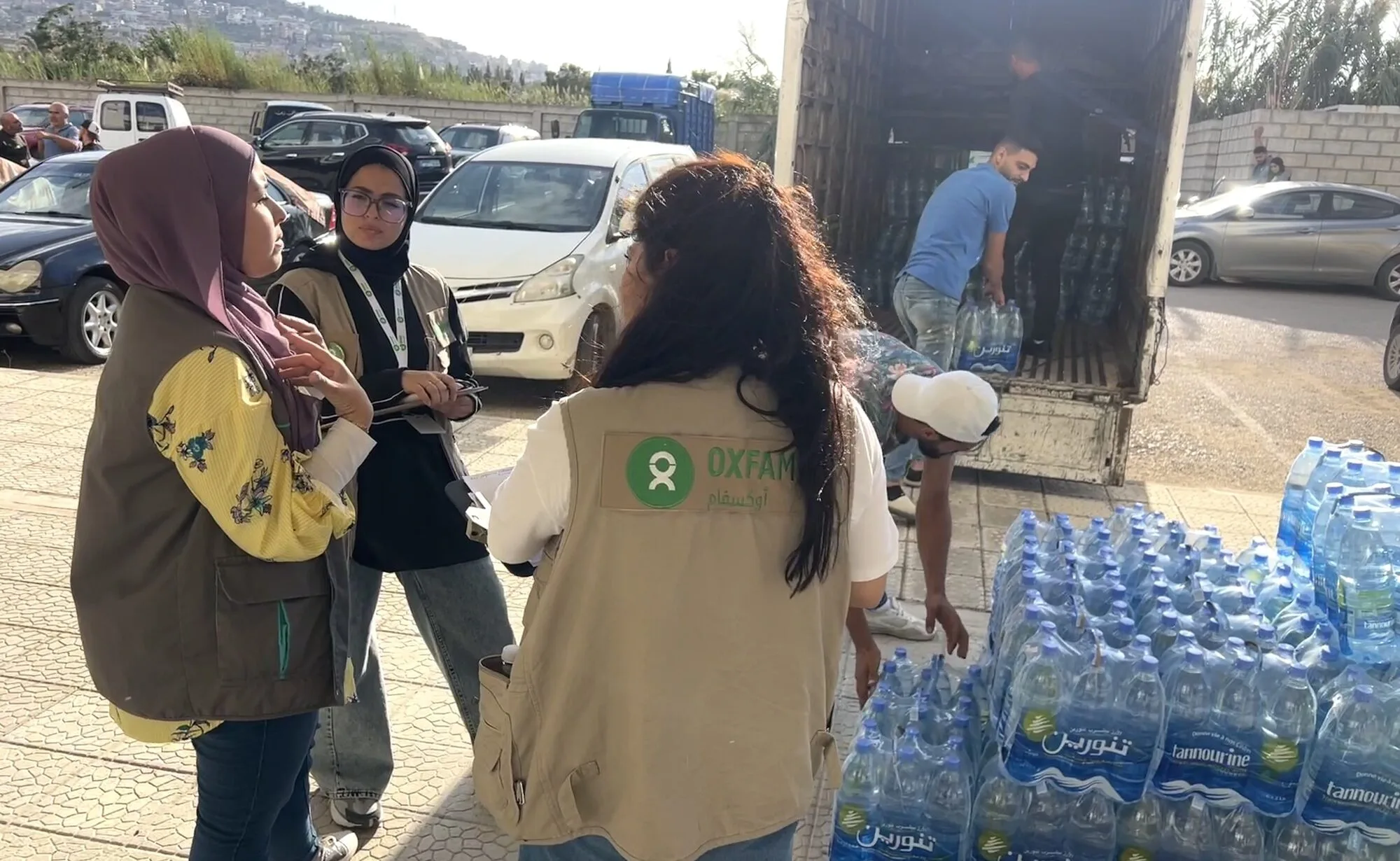The conflict in Syria is close to entering its fourth year. Ordinary Syrians are the victims of this humanitarian catastrophe – deliberately targeted by those fighting, their cities destroyed, often deprived of food and water, millions have been forced to flee for their lives. A conflict that began in the political turmoil of the Arab Spring has morphed into a multi-sided war.
By Martin Butcher, Arms Policy Advisor
While the international community has been prepared to offer aid for refugees and internally displaced people, efforts to end the bloodshed once and for all have been halting at best. Finally, this week leaders from the Syrian government, opposition groups and the foreign ministers of around 30 countries are meeting for the Geneva II peace conference in Switzerland. There is a glimmer of hope that a political solution might be possible.
These talks must move forward this week to avoid the conflict overwhelming the entire region. However, one vital question is definitely not on the agenda – how the combatants are getting their arms and ammunition and how such supplies should be stopped as part of any peace deal.
The simple fact is that without continued supplies of arms, bombs and ammunition, none of the parties to the conflict would be in a position to continue the war. According to the International Institute for Strategic Studies and the Stockholm International Peace Research Institute, Russia and Iran are the main arms suppliers to the Syrian government. SIPRI and many other researchers have identified Qatar and Saudi Arabia as the principle suppliers of opposition forces. Many arms have been smuggled into Syria from Lebanon and Turkey. These arms continue to flow to Syria – for example just this week reports have emerged that Russia is stepping up its supply of military support to the Syrian government.
There is an urgent need for the international community to address this problem as part of any political process. Even a reduction in ammunition supplies would reduce the intensity of the conflict, giving more room for talks to succeed.
A possible subject for the first round of talks under Geneva II this week is establishing local ceasefires, beginning with the northern city of Aleppo. Under the right conditions and if properly monitored, local ceasefires could provide the opportunity to ensure that civilians can access aid, and create a more conducive environment for further negotiations. But for these local ceasefires to succeed, the allies of warring parties need to be clear with their friends inside Syria, that their arms must not be used to break these pacts.
This week in Geneva, the people of Syria need the international community to control and end the supply of guns, bullets and bombs that are causing so much death, destruction and displacement. They need help to bring peace to their country. It can be done if our governments have the political will to see it through.
In the longer term, the Arms Trade Treaty (ATT), adopted at the United Nations last April, can make a significant difference to conflicts like Syria. Exporting countries will be obliged to assess requests for arms against obligations under international humanitarian law and human rights law. Where there is a risk of prolonging or aggravating a conflict, or of serious abuses of human rights, exporting countries will have to refuse supplies. While more than 116 countries have signed the treaty, more countries, including Australia, need to ratify this landmark instrument before it can take effect and prevent the Syrias of tomorrow.
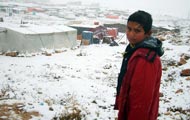
Your support will help Syrian refugees through the bitterly cold winter.
